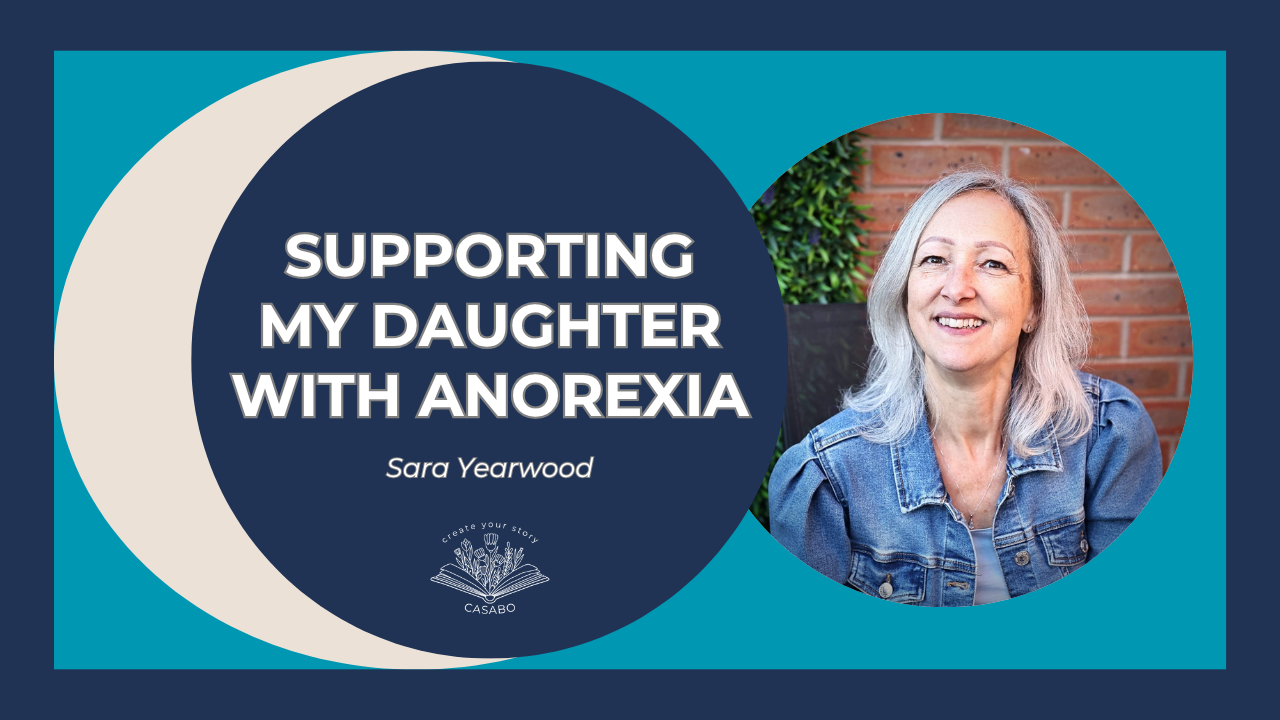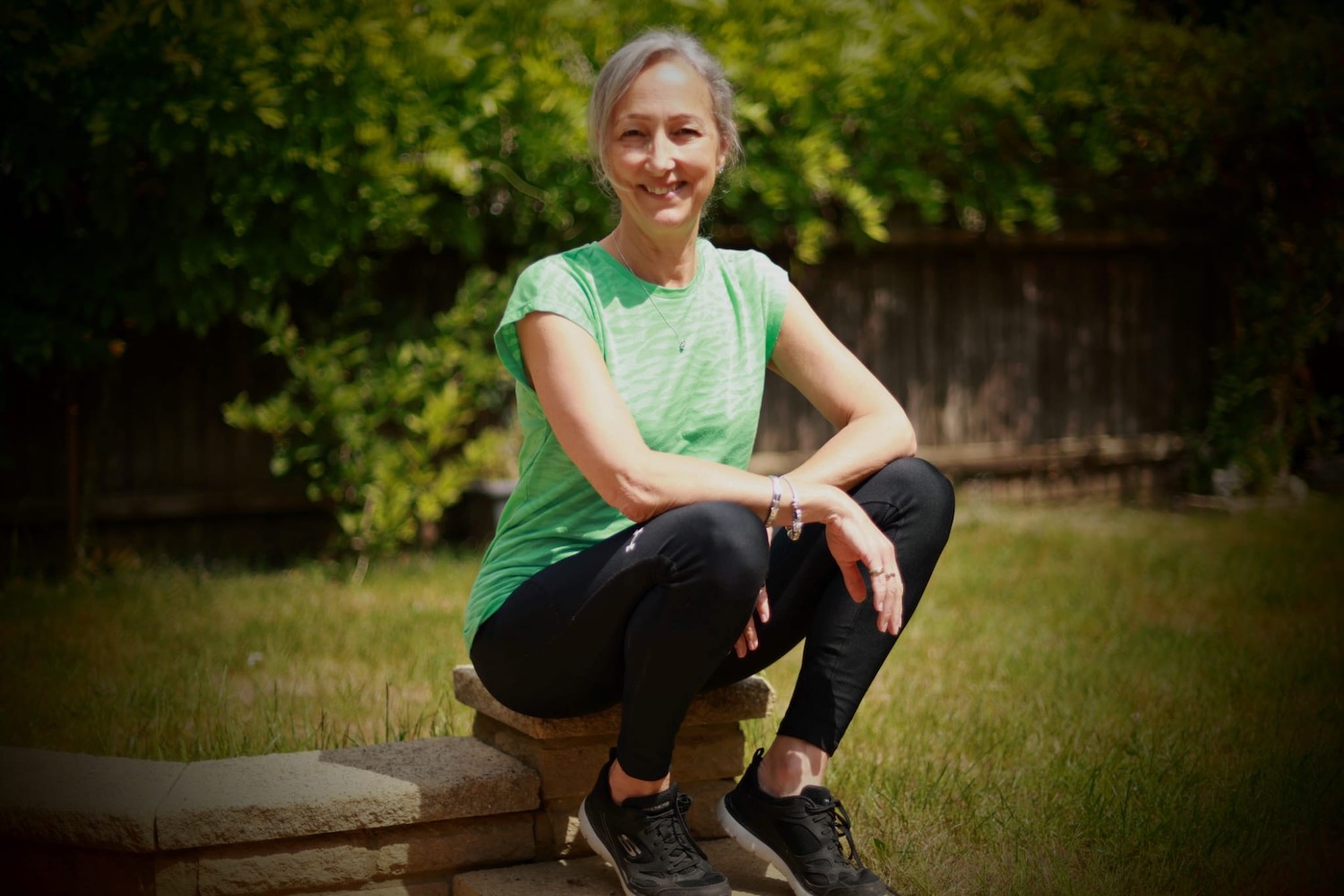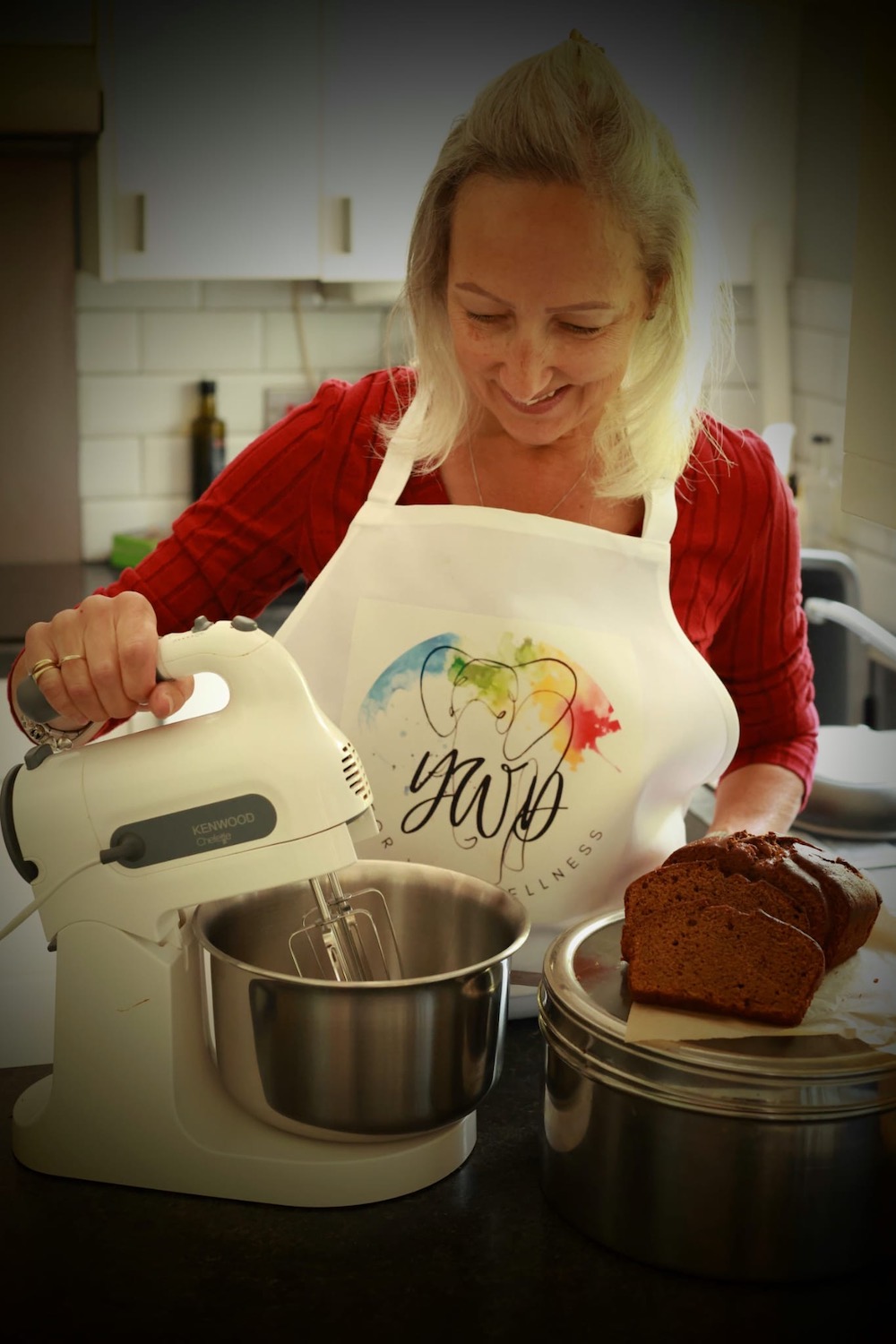How To Hold Onto Yourself When Life Falls Apart

[⇒ Watch Sara's video interview here]
Ten years ago, Sara Yearwood was settling into a new chapter. She had recently remarried—her second marriage—and was finding her feet in a blended family life. With two daughters, a job, and all the moving parts of modern motherhood, things were full, but manageable. Not easy, but normal. She was doing what many women do—making it all work.
Her youngest daughter Grace had begun showing signs of anxiety, but nothing that raised alarms. There were phone calls—Grace ringing her mum on the way to school, often upset or anxious. Sara listened, reassured, and kept things going. It felt like part of growing up, the kind of turbulence you ride out with love and patience.
But then, one evening, the ordinary cracked wide open.
Sara came home from work to what looked like a thoughtful gesture: dinner already made. Grace had cooked. Her eldest daughter was sitting quietly on the stairs. Something about the stillness was unsettling.
After eating alone, Sara went into the kitchen and gently asked Grace, “What’s wrong?” And that’s when she saw it—the absence behind her daughter’s eyes. A blankness that stopped her cold. “She was there, but not there,” Sara says. “It was like she had disappeared.”
Then, from the stairs, her eldest daughter quietly said: “Mum, you need to take her to the hospital.”
That sentence marked the moment life split into a before and an after.
The Shock of It All
Grace was admitted to hospital that night. It all happened quickly—too fast to grasp, too slow to stop. Sara hadn’t realised how serious it had become. The diagnosis: anorexia. A word heavy with stigma, misunderstanding, and fear.
Sara ‘s husband was working away so he couldn’t be there immediately. Unsure of who to call, she rang her brother—a man she didn’t often lean on emotionally. He came without hesitation. His quiet presence reminded her: even in the darkest moments, you’re not alone.
And so began the long, uncertain walk into the world of eating disorders, mental health care, and emotional survival—for Grace, but also for Sara.
A Mother’s Reckoning
In the first days and weeks, Sara was overwhelmed. She questioned everything: How had she not seen it? What signs did she miss? What should she do now?
She wanted to help—of course she did. But how?
Her husband gave her the words she would return to over and over: “You need to hold on to a bit of yourself, because one day this will have an outcome—and whatever that looks like, you need to still be you.”
That became her anchor.
Sara made the tough decision to continue going to work during the day—not because she didn’t care, but because she needed a thread of normal life to hold onto. Then she’d go straight to the hospital, sit by Grace’s side, be present for the long hours, come home, take care of her eldest daughter, and try to sleep.
It was relentless. It was necessary. And it was the beginning of learning how to support someone through something you can’t fix.
The Hardest Truth: She Had to Want to Get Better
One of the hardest moments came when Sara looked Grace in the eye and said, “You have to want to get better.” She wasn’t sure if it was the right thing to say. As a mother, those words felt terrifying—what if it made things worse? What if it was too much?
But deep down, she knew the truth: healing couldn’t be forced.
You can love someone with your whole heart, but you can’t make them choose life. That choice had to come from Grace. And, eventually, it did.
The Dolphin, Not the Rescuer
As Sara learned more, she discovered the concept of carer archetypes in eating disorder recovery. One stood out: the dolphin—the carer who nudges gently, guides with presence, doesn’t push or panic.
Grace later told her: “You were my dolphin, Mum.”
That small sentence carried the weight of a thousand unspoken moments. Sara wasn’t perfect—no parent is—but she showed up in the only way that truly matters: with love, consistency, and trust. Trust in Grace’s inner strength. Trust in her own.
Together, they learned to name the illness separately from the person.
“I’m not talking to anorexia today,” Sara would say when the illness took over. And one day, Grace said it too.
Who Grace Is Now
Today, Grace lives independently. She works, takes care of herself, goes to the gym, and manages her anxiety with awareness and maturity. There is no trace of the hollow-eyed girl Sara once brought to hospital. She is strong, funny, thoughtful, and grounded.
Their relationship is deep. Hard-earned. Real.
Giving It Forward
Sara now volunteers as a trustee for an eating disorder charity, helping to lead support groups for other carers. She shares her story—not as an expert, but as someone who’s walked the path. Who knows what it feels like to be terrified and unsure, and to keep going anyway.
She plans to write about this chapter of her life—partly for herself, but mostly for others. Because there’s power in being seen.
If She Could Go Back, She’d Say...
Looking back, Sara has a list of things she’d whisper to her younger self:
- You’re not a failure. You didn’t miss something because you were careless. You missed it because this illness is insidious—and you were doing your best.
- You don’t have to be perfect to be a good mum.
- It’s okay to ask for help.
- You are allowed to cry in the car, scream in the shower, go quiet in a crowd. None of it means you’re weak.
- Let people in. You don’t have to carry this alone.
- Trust your instincts—and forgive yourself when you second-guess them.
And maybe most of all: “This will end. There will be an outcome. And on the other side, you’ll still be you—but wiser, more grounded, and more connected to what really matters.”
Because in the end, control isn’t the goal. Connection is.



Leave a Comment
I hope you enjoyed this post. If you would like to, please leave a comment below.